The Alhambra in Granada ~ The Jewel of Islamic Spain
The Alhambra is one of the Islamic World’s most beautiful creations. In fact, it’s the most visited site in all of Spain. Visitors from all the world are drawn to the Alhambra’s exquisite palace complex and gardens, all evoking the exotic past of Islamic Spain.
I had been dreaming of visiting the Alhambra since I took Art History in university. My husband had studied the significance of Andalucía (Al-Andalus in Arabic) in school, and he, too, was keen to see the Alhambra. However, our three children were less than thrilled about this full-day excursion. There were concerned it would be “boring history.”
Fortunately, we had a terrific tour guide, who was well versed in the history and culture of Andalucía. We wore headsets to listen to his detailed story-telling. Whenever we fell behind the group, even our children scrambled to keep up and not miss a word.
Muslims in Spain
In my last post I wrote about the Muslim surge into the Iberian Peninsula and about the Mosque of Córdoba, where Muslim caliphate ruled for nearly 300 years. This was followed by 200 years of Muslim Rule in Seville. Gradually Muslim power weakened, until a single tiny Muslim state survived in the mountains of Granada.
Granada ~ The Last Muslim Enclave in Spain
By 1230, Muslims had been living for 800 years in Granada, the longest lasting Muslim enclave in Spain. At this time, the Muslim territory was reduced to about half of modern day Andalucía.
The Nasrid Dynasty ~ A Society of Taste & Luxury
The Nasrid dynasty ruled this Muslim territory from the lavish Alhambra Palace for 250 years. During this time, Granada became one of the richest cities in Medieval Europe, flourishing with artisans and traders.
Even though Muslim presence in Spain had shrunk to a small territory, Muslim society in Granada was thriving. The Nasrid dynasty at Granada is remembered for its high levels of taste and luxury, symbolized by the delicate architecture of the Alhambra Palace.
While the rest of Europe was still in the Dark Ages, Granada experienced the final cultural flowering of Muslim society in Spain when the splendors of Alhambra reached their peak.
The Alhambra Complex
Its name comes from Arabic: al-qala’at al-hambra, the “Red Castle.” From the outside, its red fortress on the hills of Granada are gorgeous and imposing.
Distinctive Architectural Features
With the construction of the Alhambra, Islamic art reached new heights of elegance. The architects and designers sought to refine existing architectural forms—such as geometric patterns, decorative calligraphy, and stalactite ceiling adornment. No matter how many mosques and palaces one visits, one can’t helped but be awed by the beauty of the Alhambra.
The Moors introduced new design elements, such as the peaceful inner courtyards, which offer a full sensory experience: the sound of the fountain, the feel of the water’s mist, the scent of the flowers, and the sight of the beauty all around.
The Palacio Nazaries
The Palacio Nazaries is the true gem of Alhambra. It is considered the most brilliant Islamic building in Europe. My favorite feature is the mesmerizing geometric patterns of the tiles, as well as the elaborate Arabic calligraphy.
The Palace of the Lions is an icon with its lion fountains, intricately molded stucco, and elaborate stalactite-like vaulting.
The Collapse of Muslim Rule
1492 was most important year in Spanish history, when Spain became united and when Columbus reached North America.
In Granada in 1492 the conquering Catholic monarchs Fernando and Isabel entered the emirate and took up court in the Alhambra. Even though they ultimately expelled the Muslims from Spain, the conquering rulers appreciated the beauty of the Alhambra and chose to keep it.
The Alhambra complex has been heavily restored and continues to evolve. The Alhambra is now a UNESCO World Heritage site.
To visit the Alhambra, it’s best to buy your tickets in advance or get there early. Each ticket is stamped with a 30 minute time slot for entry to the Palacio Nazaries.
To keep Alhambra in my mind, I plan to read Tales of Alhambra written by Washington Irving, an American writer and US Ambassador to Spain in the 1840s. He is best known for The Legend of Sleepy Hollow and Rip Van Winkle. Written in 1831, Tales of Alhambra is a classic collection of short stories amid the grandeur of the Alhambra. Until I visit Andalucía again, at least I can read (and dream) about it.
In case you missed it, see my post on The Mosque at Córdoba.
Question: What are your impressions of Alhambra?
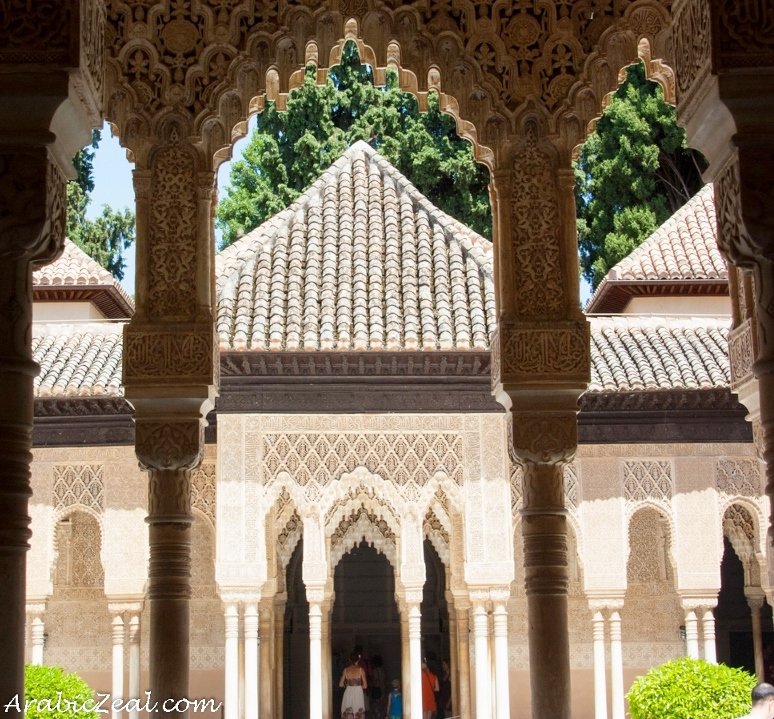

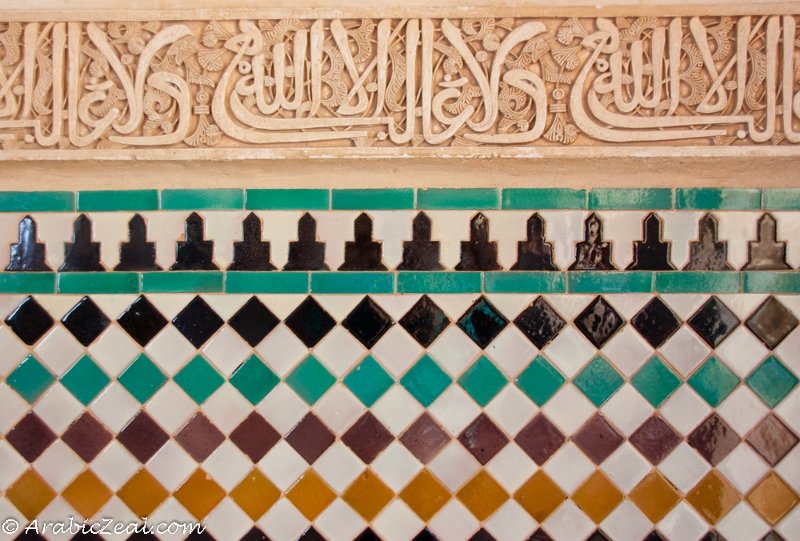
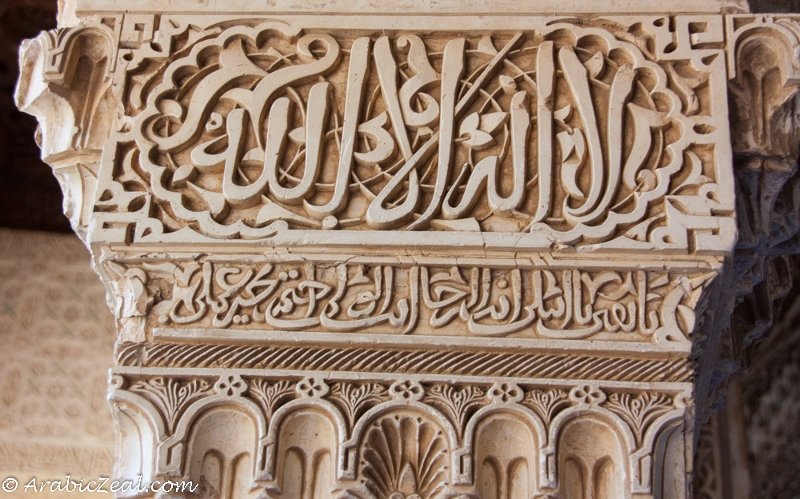
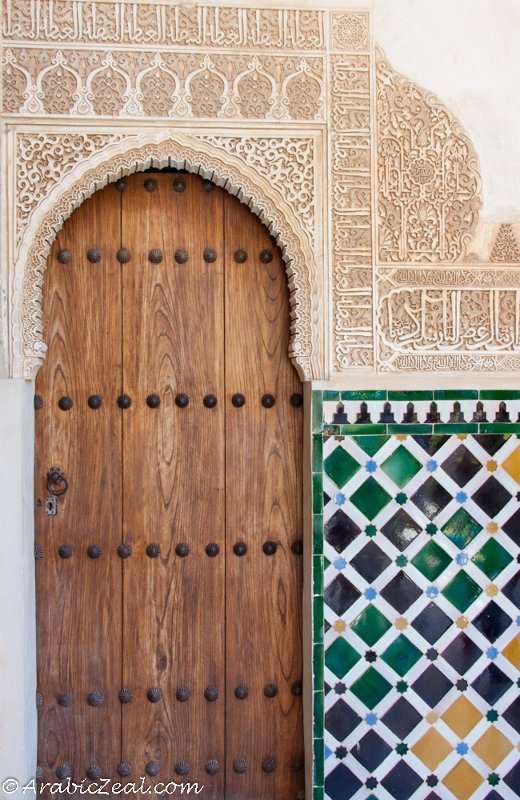
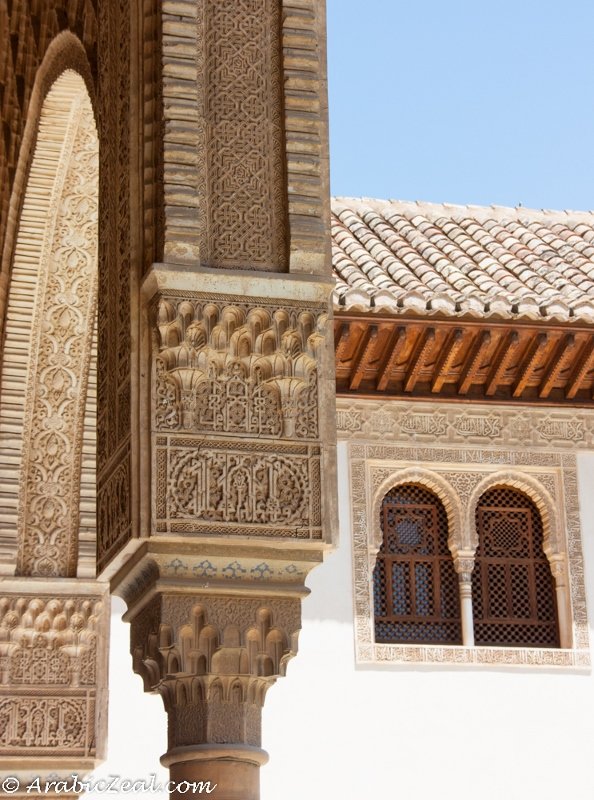
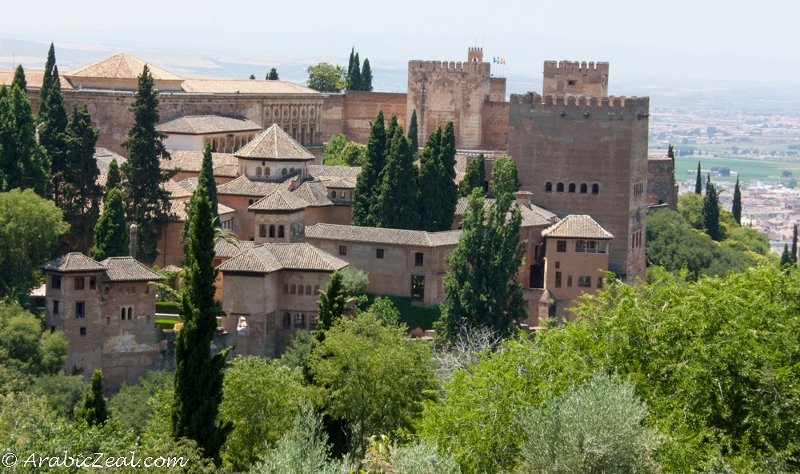
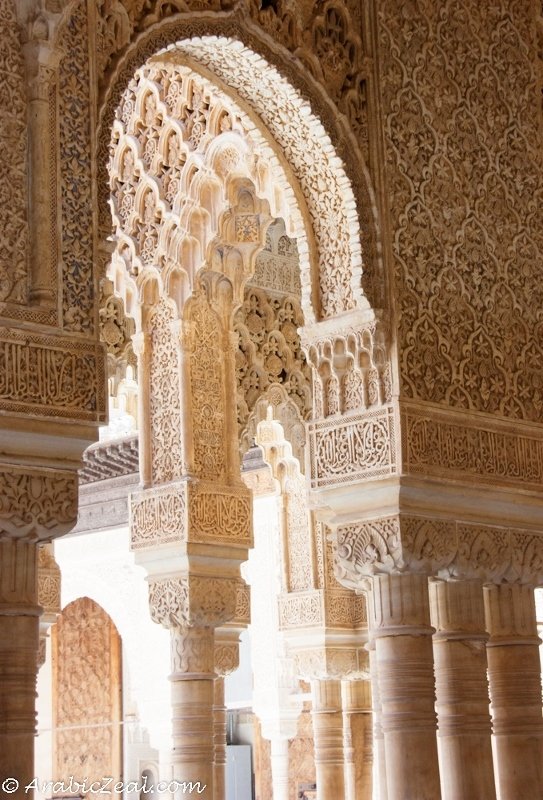
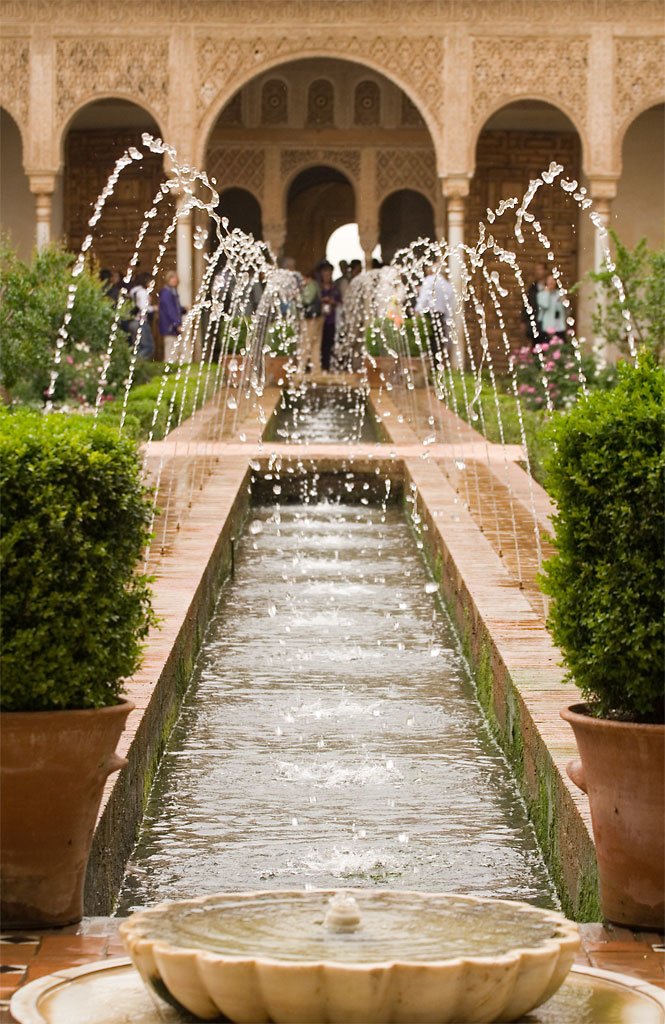
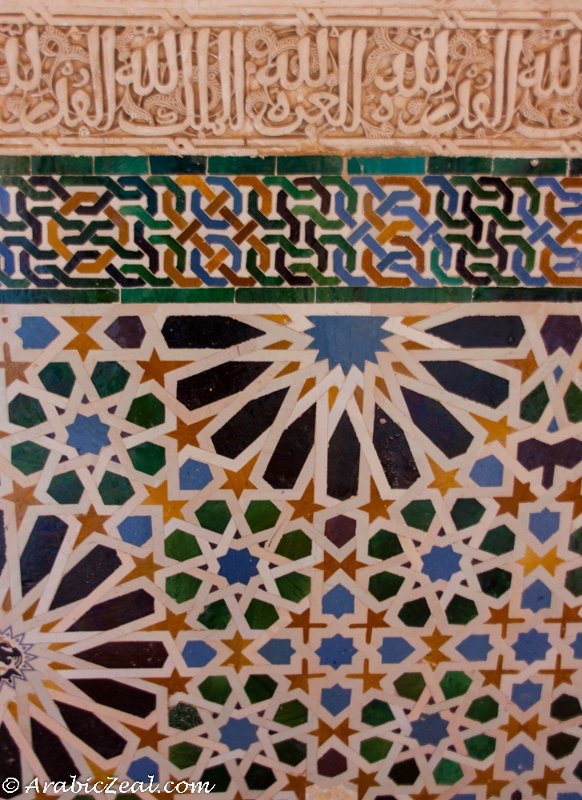
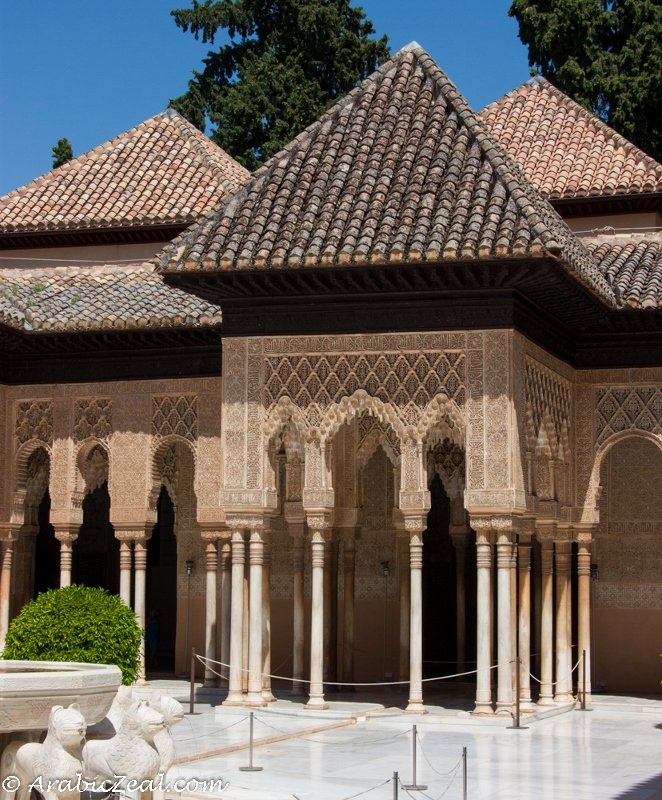
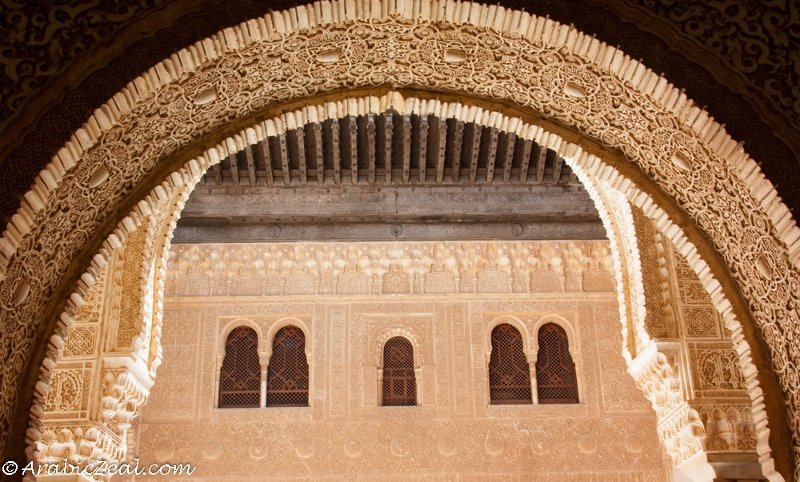
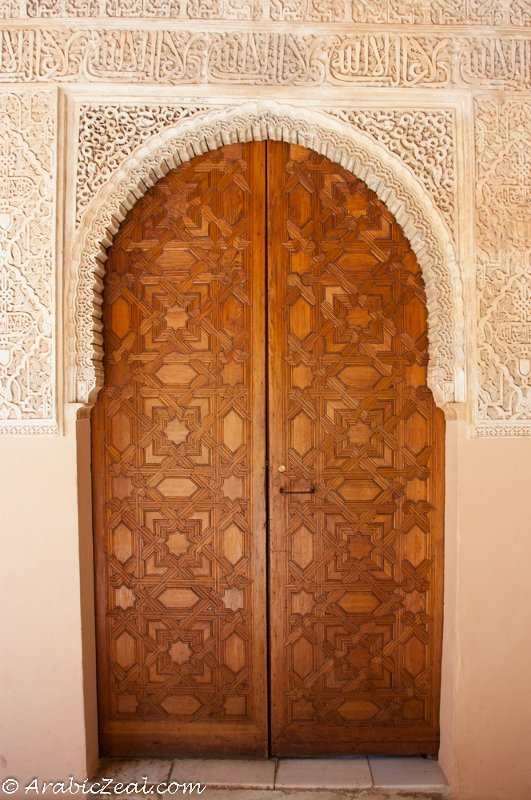
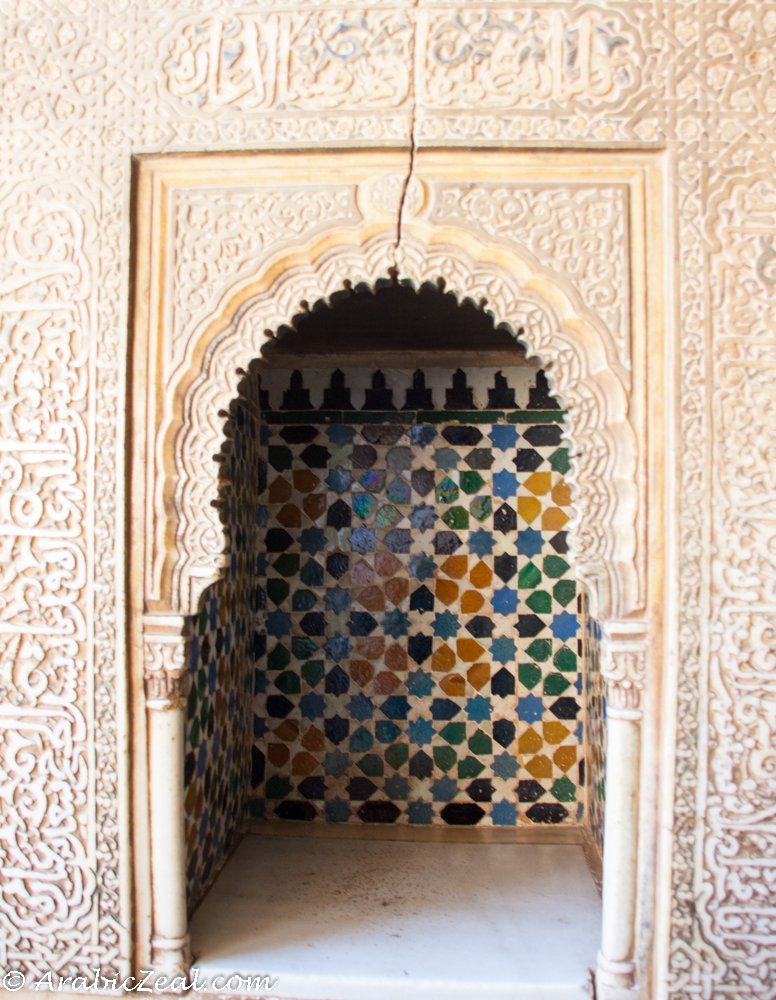
 Follow
Follow
wow. great photos. makes me want to travel to Spain.
HI Vishow, thanks for reading. 🙂